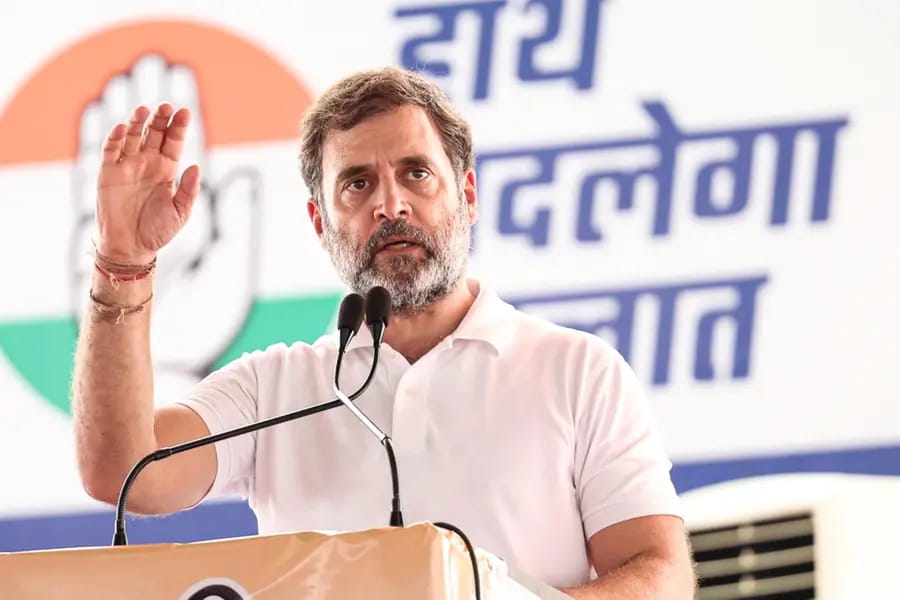
Eight years since its implementation, the Modi government’s Goods and Services Tax (GST) has proven to be less a reform and more a burden — especially on small businesses, the working class, and non-BJP ruled states. Shri Rahul Gandhi strongly criticized the current GST structure, calling it a tool of “economic injustice and corporate favoritism” rather than the “Good and Simple Tax” that was promised.
Five Slabs, 900+ Amendments
Instead of delivering simplicity, GST has evolved into a confusing five-slab tax regime that has been amended over 900 times. Everyday items like caramel popcorn and cream buns are ensnared in its convoluted structure. The result is a system riddled with inconsistencies and complexity.
Small Businesses Struggle, Big Corporates Thrive
Rahul Gandhi emphasized how GST has tilted the playing field in favor of large corporations. Equipped with legal teams and accountants, big businesses maneuver through the red tape, while micro, small, and medium enterprises (MSMEs) the backbone of India’s job market are stifled by compliance hurdles and a rigid bureaucratic system.
MSMEs in Crisis
Since GST’s rollout, over 18 lakh small enterprises have reportedly shut down — a staggering indicator of how deeply the tax regime has affected job creators and entrepreneurs. The GST portal, instead of offering ease, has become a daily source of stress and obstacles for small traders.
Tax on Essentials, Relief for Corporates
Common citizens are now paying GST on basic necessities like tea and health insurance. In contrast, large corporations continue to enjoy tax exemptions and benefits estimated at over ₹1 lakh crore each year. This imbalance highlights a widening gap between the privileged few and the rest of the population.
Exclusion of Fuel and Federal Disrespect
The deliberate decision to exclude petrol and diesel from GST has hurt sectors like agriculture and transport. Moreover, the withholding of GST compensation to non-BJP governed states has exposed the central government’s disregard for cooperative federalism.
A Vision Undermined
Rahul Gandhi reminded the nation that GST was initially envisioned by the UPA as a progressive step to unify markets and simplify taxation. However, that vision has been derailed by flawed implementation, centralized control, and political bias.
Call for Reform
He concluded by calling for a complete overhaul of the GST structure one that is inclusive, supportive of small businesses, and respectful of state autonomy. India, he asserted, needs a tax system that empowers every citizen from farmers to shopkeepers — and ensures that all Indians share in the nation’s economic growth.

